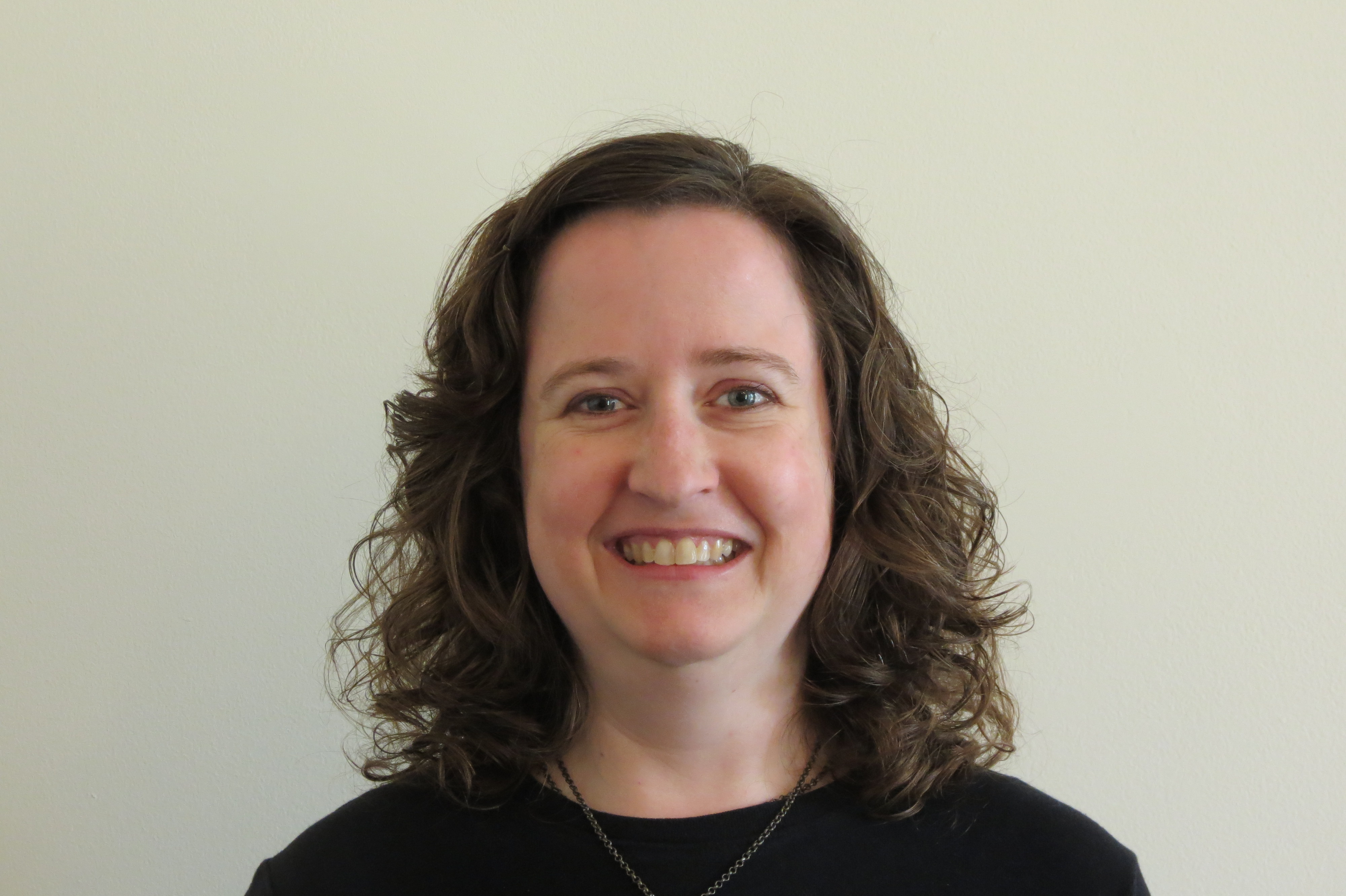Courage is knowing what not to fear
Tammy Alexander, Mennonite Central Committee U.S. Washington Office
A number of migrant caravans made their way from Central America through Mexico this fall. Though these caravans were unusually large, migrants often travel in groups as they are less likely to be victims of violence or other crimes. They left home with only what they could carry on a more than 2,000-mile journey, some with small children in tow. Thousands walked northward, many seeking to escape gang violence, domestic violence and poverty.
After weeks of walking and waiting, they were met at the U.S.-Mexico border with armed border guards, razor wire and tear gas. U.S. officials treated their arrival as if it was an invading army rather than a group of refugees seeking safety.
In this time of year, as we remember the birth of Jesus, we should also remember that not long after his birth, Jesus became a refugee. When King Herod sought to have all children in and around Bethlehem who were two years old or younger killed, Mary and Joseph fled to Egypt to keep their son safe.
What if there had been border walls and razor wire blocking their path into Egypt? Or legal rules about who could and who could not escape threats of violence? It is questionable whether a family in a similar situation today could win asylum in U.S. immigration courts.
Jesus likely remembered his family’s time as refugees when he told the parable of the sheep and the goats in Matthew 25. In that parable, Jesus did not say, “I was a self-sufficient, fully documented stranger and you welcomed me (when I crossed at an official port of entry).”

MCC Borderlands Learning Tour participants (left to right) Curtis Book, Jennifer Lancaster and Jeannette Hunsberger peer through the border wall from the Mexican desert towards the U.S. The Borderlands Learning Tour on October 3-8, 2018, facilitated by MCC partner Frontera de Cristo (Border of Christ), gave participants the opportunity to learn, reflect and pray about the many complexities of human migration in Mexico and the U.S. (MCC photo/Laura Pauls-Thomas)
As the caravans traveled through Mexico in October and November, numerous stories surfaced of people coming out of their homes to offer food and drink. “I was worried. I heard they were bad people,” said one woman when a caravan passed through her town. “But then I saw the kids… We don’t have much. But we’re sharing what we can.” When the mayor of another town met a man who was barefoot, he literally gave him the shoes off his feet. Such faithful responses, consistent with the call in Matthew 25, are humbling and inspiring.
The ancient Greek philosopher Plato said, “Courage is knowing what not to fear.” Caravans of refugees at our border are not something to fear. It is a humanitarian situation calling for a compassionate response. It is a chance to respond in ways that ask not, “what are they going to take from us,” but, instead, “what can we do to ease their burden?”
It is a moment to look deeper into the complexity of the situation and push for constructive solutions—such as hiring more immigration judges, increasing access to legal assistance, expanding alternatives to detention that are effective and inexpensive, opening more legal avenues to migration, and refocusing foreign assistance away from militarized solutions and toward peacebuilding and sustainable development.
Our faith teaches us to respond to strangers and others in need, not with fear and violence, but with courage and love. Urge your members of Congress not to build more walls but to respond with courage and compassion to asylum seekers and others arriving at our borders.
Photo caption: MCC Borderlands Learning Tour participants peer through the border wall from the Mexican desert towards the U.S. (MCC photo/Laura Pauls-Thomas)




